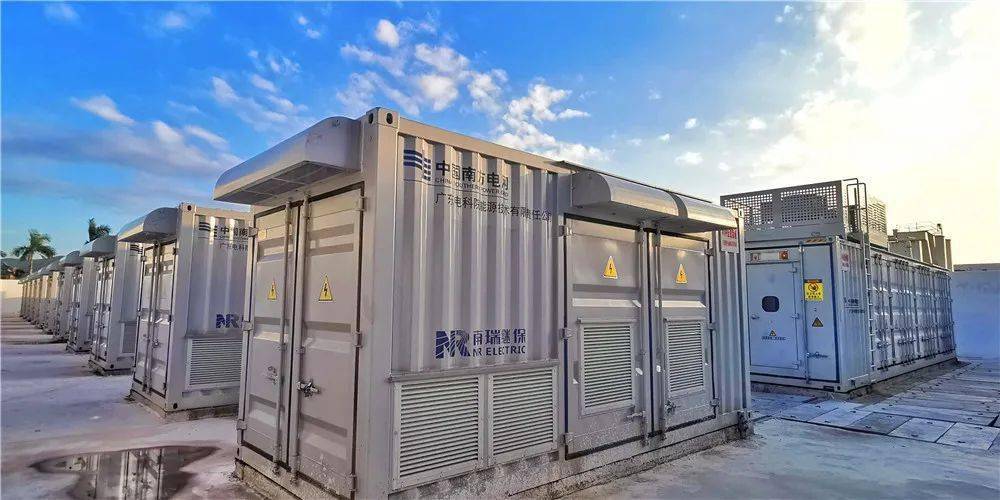
Battery energy storage systems (BESS) have emerged as a pivotal technology in the transition towards a more sustainable energy future. With the increasing penetration of renewable energy sources, such as solar and wind, the need for efficient energy storage solutions has surged. BESS allows for the capturing and storing of energy during peak production times and releasing it when demand is high, thus ensuring a stable and reliable power supply.
One of the primary uses of battery energy storage systems is enhancing grid stability and reliability. By acting as a buffer between generation and consumption, BESS can mitigate fluctuations in energy supply and demand. This is especially crucial as more intermittent renewable sources come online. Batteries can provide quick response capabilities to grid operators, allowing for frequency regulation and voltage support, which are essential for maintaining a balanced electrical grid.
Battery storage systems also play a significant role in energy management. They enable consumers to optimize their energy usage by storing electricity when it is cheaper or more abundant and using it during peak pricing periods. This not only leads to cost savings for businesses and households but also minimizes strain on the grid during high demand periods. Furthermore, this energy management capability also contributes to a more efficient overall energy system, reducing the reliance on peaker plants that often run on fossil fuels.
One of the most significant contributions of battery energy storage systems is their ability to support the integration of renewable energy sources. The intermittent nature of renewables like solar and wind can pose challenges to energy consistency. With BESS in place, excess energy generated during sunny or windy days can be stored and used during less favorable conditions. This not only promotes the use of clean energy but also accelerates the shift towards a low-carbon economy.
The versatility of battery energy storage systems allows them to be implemented across various sectors. In residential settings, homeowners can install battery systems to harness solar energy and achieve energy independence. In commercial and industrial applications, businesses can use large-scale battery storage to manage energy costs and improve operational efficiency. Additionally, utility companies are increasingly leveraging BESS to enhance grid operations and facilitate renewable energy projects, making them essential for our energy future.
In conclusion, battery energy storage systems represent a crucial component in the evolution of our energy landscape. Their ability to stabilize the grid, improve energy management, support renewable integration, and serve various applications makes them invaluable. As technology continues to advance and costs decline, the adoption of battery storage will undoubtedly pave the way for a smarter, more sustainable energy future.
Next:Principles for Building an Effective Battery Energy Storage System
Previous:Current Trends in Battery Energy Storage Technology